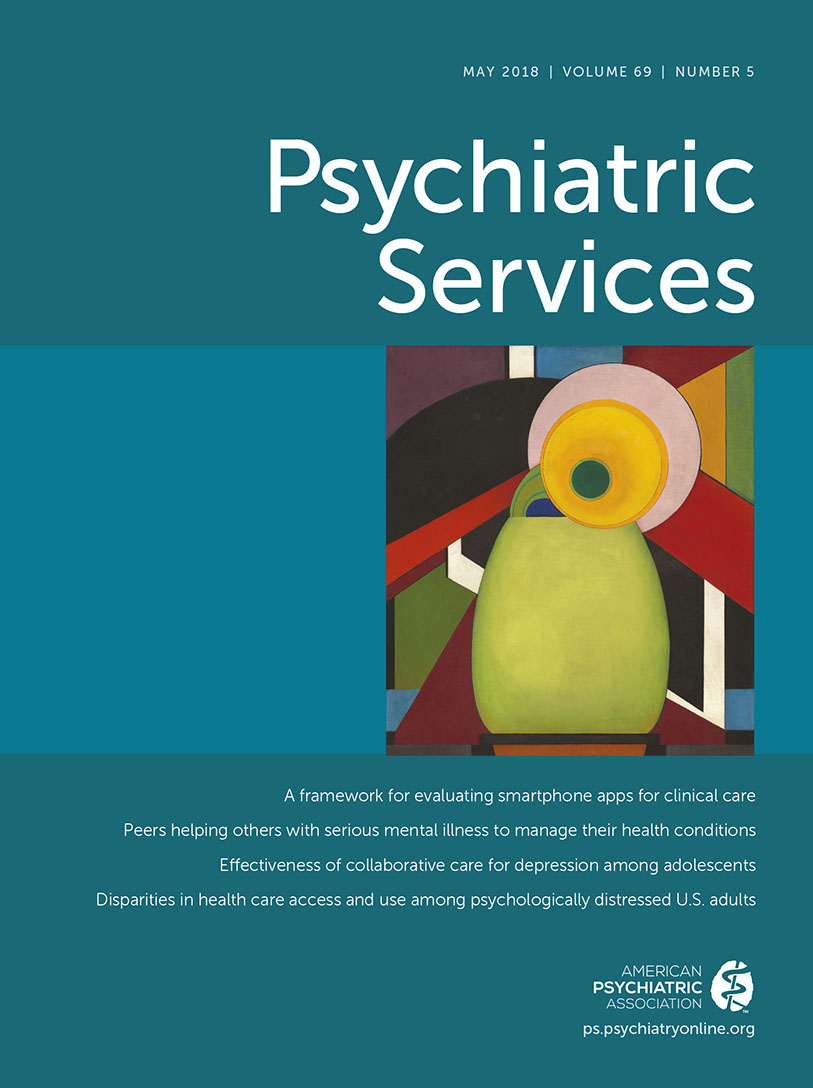Racial, Ethnic, and Gender Disparities in Health Care Access and Use Among U.S. Adults With Serious Psychological Distress
Abstract
Objective:
This study compared health care access and utilization among adults with serious psychological distress by race-ethnicity and gender in years surrounding implementation of the Affordable Care Act.
Methods:
Data for adults ages 18 to 64 with serious psychological distress in the 2006–2015 National Health Interview Survey (N=8,940) were analyzed by race-ethnicity and gender on access and utilization indicators: health insurance coverage, insufficient money to buy medications, delay in health care, insufficient money for health care, visited a doctor more than ten times in the past 12 months, change in place of health care, change in place of health care because of insurance, saw a mental health provider in the past 12 months, and insufficient money for mental health care.
Results:
The proportions of white and black adults with serious psychological distress were largest in the South, the region with the largest proportion of persons with serious psychological distress and no health coverage. Multivariate models that adjusted for health coverage, sociodemographic characteristics, health conditions, region, and year indicated that whites were more likely than blacks to report insufficient money for medications and mental health care and delays in care. A greater proportion of whites used private coverage, compared with blacks and Hispanics, and blacks were more likely than all other racial-ethnic groups to have Medicaid.
Conclusions:
More research is needed on health care utilization among adults with serious psychological distress. In this group, whites and those with private coverage reported poor utilization, compared with other racial-ethnic groups and those with Medicaid, respectively.




